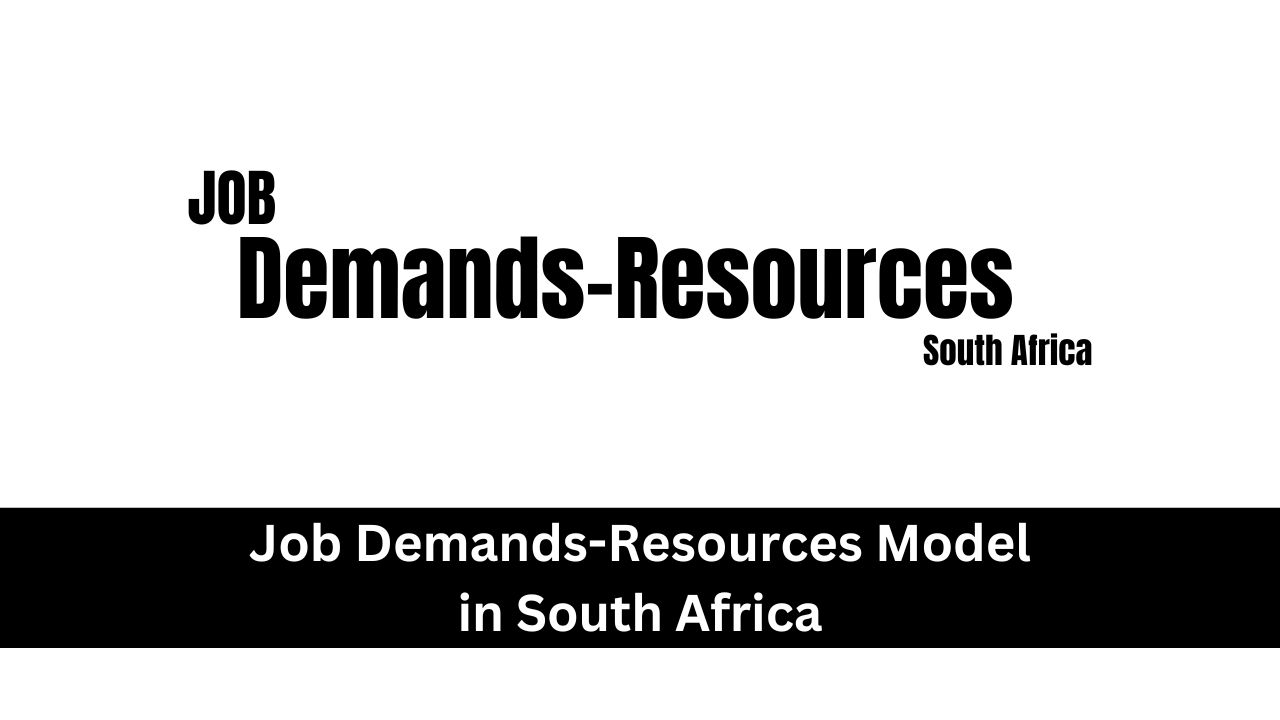Teaching Salary in South Africa: 2025 Salary Guide for Primary and High School Teachers. In South Africa, the profession of teaching plays a critical role in shaping the future of the nation. But beyond the passion and commitment, one key concern for educators is how much do teachers earn in South Africa?
What Influences a Teaching Salary in South Africa?
Whether you’re teaching in a bustling urban centre or a remote rural area, a variety of factors will affect your take-home pay as a teacher. These include:
- Level of Qualification (Bachelor’s, Honours, Postgraduate Diploma)
- Years of Teaching Experience
- School Type (Public vs Private)
- Geographic Location (Gauteng and Western Cape often pay more)
- Position Level (e.g., Head of Department, Deputy Principal)
- Additional Benefits and Allowances (housing, medical aid, scarce-skills incentives)
Primary School Teacher Salary in South Africa
The average salary for a primary school teacher in South Africa varies significantly based on career stage and other influencing factors. According to recent reports and surveys, the annual income can range from R150,000 to R520,000 or more.
Average Annual and Monthly Salaries for Primary School Teachers (2025)
| Career Stage | Estimated Annual Salary | Estimated Monthly Salary |
|---|---|---|
| Entry Level (0–3 years) | R150,000 – R300,000 | R12,500 – R25,000 |
| Mid-Career (5–9 years) | R250,000 – R410,000 | R21,000 – R34,000 |
| Experienced (10+ years) | R400,000 – R520,000+ | R33,000 – R43,000 |
- Entry-level teachers (0–3 years) earn an average starting salary of R150,000 to R300,000 per year.
- Mid-career teachers (5–9 years) see a significant increase, with average salaries ranging from R250,000 to R410,000 annually.
- Experienced teachers with more than 10 years on the job can earn upwards of R520,000 annually, especially when holding senior positions in urban schools.
Important to Note: Salary packages may include additional allowances for rural hardship, housing, and medical benefits, particularly in the public sector.
How Much Can a Primary School Teacher Earn Over Time?
In a 20+ year career, primary school teachers can earn an average compensation of R269,261 annually, with the potential to exceed this amount in high-paying provinces or senior-level roles such as Departmental Head or Deputy Principal. Teachers with postgraduate qualifications or those teaching scarce-skill subjects (like maths and science) often earn higher salaries.
High School Teacher Salary in South Africa
High school teachers generally earn more than their primary school counterparts. Their salaries also depend on experience, specialisation, qualifications, and school type.
Average Annual and Monthly Salaries for High School Teachers (2025)
| Career Stage | Estimated Annual Salary | Estimated Monthly Salary |
|---|---|---|
| Entry Level (0–3 years) | R230,000 | R19,200 |
| Mid-Career (4–9 years) | R285,000 | R24,000 |
| Experienced (10–20 yrs) | R370,000 | R31,000 |
| Late Career (20+ years) | >R480,000 | >R40,000 |
- An entry-level high school teacher with under one year of experience typically earns around R230,000 annually.
- Teachers with 1–4 years of experience earn approximately R210,640 on average.
- Mid-career teachers (5–9 years) earn about R251,907 to R285,000 annually.
- Experienced professionals (10–19 years) earn approximately R370,000 per year.
- Late-career educators with more than 20 years of experience can earn well over R480,000, depending on their role and location.
Factors That Influence High School Teacher Salaries
- Province: Educators in Gauteng and Western Cape tend to earn more than those in rural provinces like Limpopo or Eastern Cape.
- School Type: Private school teachers often earn more, particularly in top-performing independent schools.
- Experience & Qualifications: Holding an Honours or Master’s degree, or working as a Subject Head or Senior Educator, boosts salary potential.
- Bonuses & Allowances: Medical aid, transport benefits, housing support, and scarce-skill bonuses significantly affect total earnings.
Career Growth and Salary Trends
Teachers who continue with professional development, such as pursuing postgraduate studies or specialisations in high-demand subjects, often see quicker salary growth. Advancement to leadership roles like Head of Department (HOD) or Principal further improves earning potential.
Teaching Salary Overview in South Africa (2025)
| Teaching Level | Career Stage | Annual Salary Range | Monthly Approx. |
|---|---|---|---|
| Primary School | Entry Level | R150,000 – R300,000 | R12,500 – R25,000 |
| Mid-Career | R250,000 – R410,000 | R21,000 – R34,000 | |
| Experienced | R400,000 – R520,000+ | R33,000 – R43,000 | |
| High School | Entry Level | R230,000 | R19,200 |
| Mid-Career | R285,000 | R24,000 | |
| Experienced | R370,000 | R31,000 | |
| Late Career | >R480,000 | >R40,000 |
Challenges Despite Competitive Salaries
Despite the availability of competitive salary ranges, many qualified teachers in South Africa struggle to find employment. There is a shortage of teachers in key areas such as rural schools and specific subjects (e.g., Mathematics, Science, and Technology), but budgetary constraints and limited vacancies in some provinces limit placement opportunities.
Conclusion
Teaching in South Africa is a rewarding profession, both personally and financially—particularly for those who are committed, continually improving, and aiming for leadership roles. Whether you’re starting out or have been in the profession for decades, understanding what affects your earning potential helps you plan your career wisely.
From R13,000 monthly at entry level to over R40,000 per month in senior roles, the teaching profession offers room for both growth and stability.










